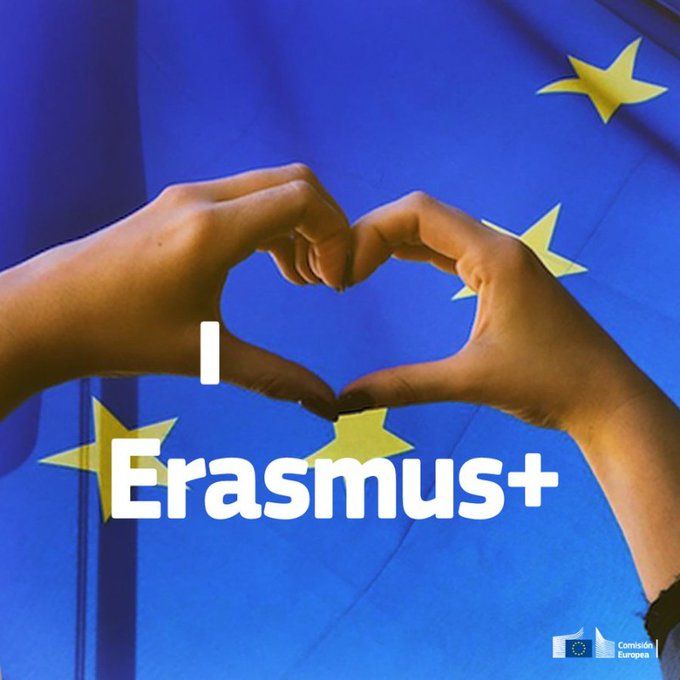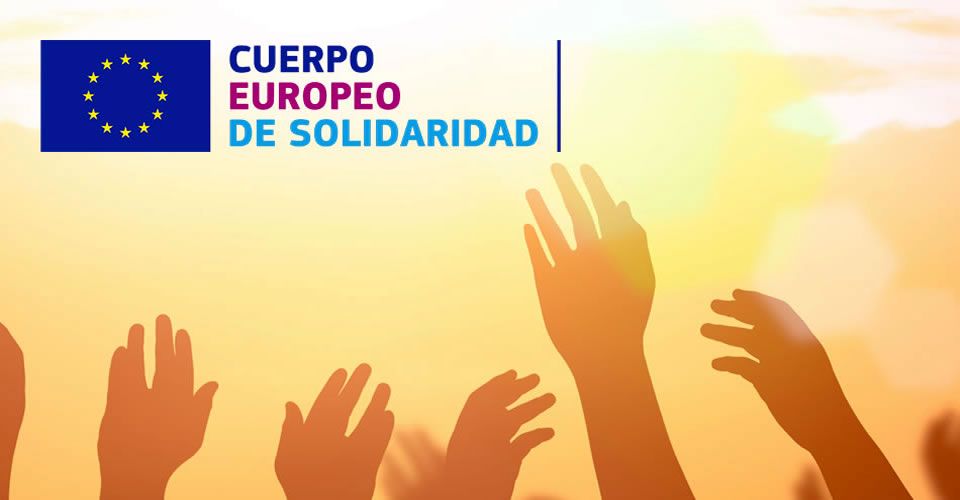Today, the Commission launched the call for proposals under the European Solidarity Corps for 2023. The European Solidarity Corps is an EU programme for young people who wish to engage in solidarity activities in various areas ranging from helping disadvantaged people to contributing to health and environmental action, across the EU and beyond.
Building on the European Year of Youth, the call intends to create more solidarity opportunities for young people, making over €142 million available. It will fund volunteering, youth-led solidarity projects, volunteering teams in high priority areas focussing on relief for persons fleeing armed conflicts and other victims of natural or non-natural disasters as well as prevention, promotion and support in the field of health, and also the next edition of the European Voluntary Humanitarian Aid Corps.
This call also offers participants the possibility to contribute to humanitarian aid operations across the globe. With the help of the European Voluntary Humanitarian Aid Corps, solidarity should be developed between organisations and volunteers from Member States, third countries associated to the Programme[i], and people and communities outside the European Union. As a result, the first volunteers will be deployed in projects far and wide.
The programme is open to people aged between 18 and 30 for solidarity activities addressing societal challenges and between 18 and 35 for volunteering in support of international humanitarian aid activities.

Erasmus+ 2023 call launched: €4.2 billion
|
Young people wishing to engage in European Solidarity Corps activities need to register in the European Solidarity Corps portal, where they can browse and find organisations implementing projects. Groups of young people registered in the European Solidarity Corps Portal may also apply for funding for solidarity projects led by themselves.
Any public or private body may apply for funding to carry out activities under the European Solidarity Corps based on a quality label, which certifies that they are able to carry out high quality solidarity activities in compliance with the principles, objectives and requirements of the programme. They can apply with the help of European Solidarity Corps National Agencies based in all EU Member States and third countries associated to the programme or of the European Education and Culture Executive Agency (EACEA) for centralised actions. The call for proposals lists the different types of actions, their eligibility criteria, and their respective application deadlines.
Background
The European Solidarity Corps has existed as an EU-funded programme since October 2018, with an operating budget of €375.6 million for the years 2018-2020. It built upon previous EU initiatives in the area of solidarity, aiming to offer a unique gateway for organisations active in the solidarity sector and young people wishing to contribute to society in areas that matter most to them. Based on the initiative’s success, the European Solidarity Corps continues and will continue its activities in the period 2021-2027 and will extend them to contribute to the delivery of humanitarian aid around the globe. The total budget of the European Solidarity Corps programme for 2021-2027 is €1.009 billion. Over its seven-year lifespan, this EU programme will enable at least 270,000 young people to take part in solidarity actions.
The European Solidarity Corps supports political priorities of the European Union and engages with organisations and young people in projects to address them by:
- Promoting inclusion and diversity and aiming to provide all young people with equal access to European Solidarity Corps opportunities;
- Supporting projects and activities aiming to protect, conserve and enhance natural habitats and the environment, to raise awareness about environmental sustainability and to enable behavioural changes;
- Contributing to the digital transition by supporting projects and activities that aim to boost digital skills, foster digital literacy and develop an understanding of the risks and opportunities of digital technology;
- Engaging and empowering young people to be active in society and become true change-makers.
Due to its in-built flexibility, the European Solidarity Corps quickly mobilised to support the displaced Ukrainians, in cooperation with National Agencies. In 2022, project applicants were encouraged to include activities linked to the integration of displaced Ukrainians, the promotion of European common values or the fight against disinformation and fake news.
Source: European Commission







Leave a Reply